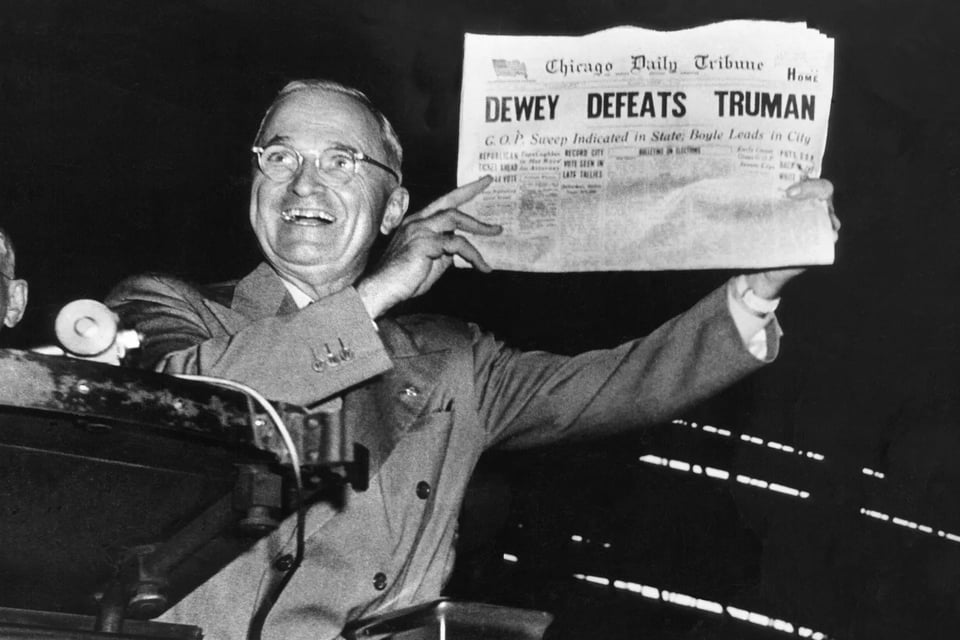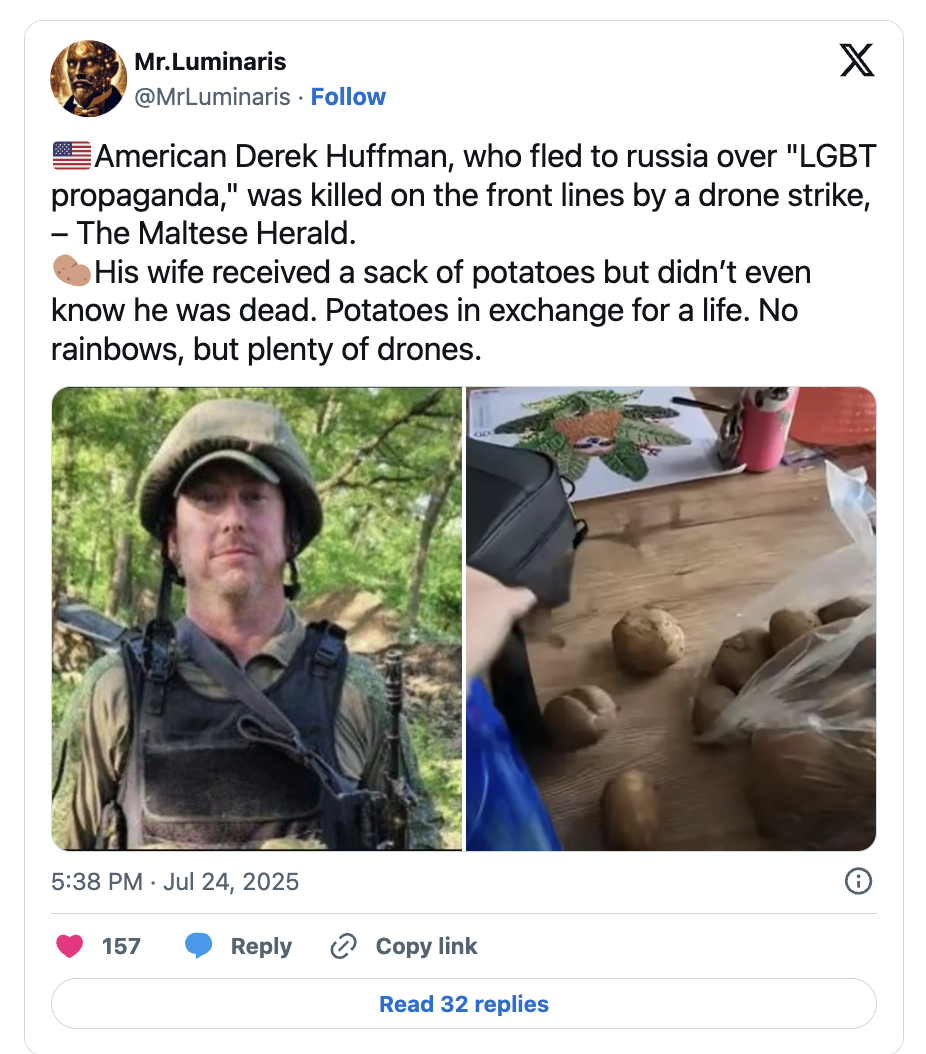Protecting the Truth

Happy Sunday and greetings from hazy and humid Abu Dhabi. We already have one week of school in the books here in the Gulf.
Last week I argued that truth and factfulness in the US are under siege, and the winners are authoritarian actors and their movements eager to bend reality to their will.
This week I want to get more concrete and talk through how we can avoid further degrading the information environment.
I’ve pondered writing something like this in the past, but I shy away from how-to pieces. There’s a danger they come off as smug or failing to strike the right balance for where my readers are on their journeys.
Let’s keep it buck, none of us alone can fix the disinformation crisis or rebuild the civic infrastructure that’s being dismantled. This is a crisis driven by greed, corporate consolidation, a profit-based journalistic model, and a list of other causes I could spend a whole ‘nother newsletter unpacking. But that doesn’t mean we’re powerless. You may not run a newsroom, but you do run your own households, social networks (in the pre-2008 sense—the literal people you know), and online feeds. What you choose to consume, amplify, or ignore shapes the information environment for your friends, your students, and your family.
Here are some concrete steps, in increasing order of effort:
Easy Lifts
News versus Opinion. Most “TV news” programs are opinion shows. Consequently, I generally find that the people in my life who watch the most “news” have the least fact based understanding of our world. Cable news is a societal cancer that should be excised from existence but in lieu of that I am begging people to think about their ratio of opinion to actual news they consume and to get their news from reputable, factful sources.
Some examples:
The Wall Street Journal (stay away from the Opinion Section!)
The Associated Press
Reuters
State-funded media that maintain editorial independence: CBC (Canada), DW (Germany), NHK (Japan), etc.
Pause before sharing. Before you hit boost or repost, ask: Where is this from? Is this a valid source? Who benefits from this narrative spreading widely?
In July, there was a viral story about Derek Huffman, a conservative influencer who felt the US was “too woke” and too friendly to gay people, so he moved to Russia. He joined the Russian army, hoping to fast-track his citizenship. However, after enlisting he was sent to the front lines of Russia’s war on Ukraine.
About a week after that story went viral, I saw a screenshot of a post claiming he had been killed in combat. It wasn’t the one below (I’m not on Twitter/X, bleck!) but it was along those same lines (and will work for our purposes).

This should set your Spidey Sense off. I like a F.A.F.O. story as much as the next guy but I also don’t want to be a conduit for misinfo, if I can avoid it.
Things to consider about this and viral posts: Who was this poster? Do they have any expertise or relevant qualifications? Have I seen them reporting on the topic before? In this case, I’ve never heard of him or this source, The Maltese Herald. And the potato thing is just weird.
A quick search, the time of an elevator ride, yielded a Snopes article that stated the reports of his death are unconfirmed by either Russia or the Huffman Family. As for The Maltese Herald, it is not the paper of record in Malta, it’s not even a newspaper. It is a “news site” that was set up in October 2024 (right in time for US elections). It’s one of a growing number of websites I’ve encountered with names that sound like they come for a name generator, use dollar store templates, and traffic in dubious AI slop to generate clicks & ad revenue.
Pushing a Bit More Weight
Chronological Timelines > Algorithmic TLs. The algorithms populating your social media feeds are not neutral. They are designed to boost engagement, fuel outrage, and keep you scrolling, no matter the social externalities. They’re perfect disinformation delivery systems. If your preferred social media site allows a chronological timeline, set it as your default. If it doesn’t allow you to do so, ask yourself why that is? Why do they force you to see what they want you to see, rather than the things you chose to follow? There’s literally no good answer for this besides profit.
Support trustworthy journalism and punish bad actors. You only have one vote but you spend money everyday. Support local media and the reporters you read. We talked last week about the attacks on NPR and PBS—they could definitely use your support.
Steering money toward local media is important. The New York Times or Jeff Bezos’ Washington Post likely won’t miss your $7 or $10 per month but it could make a big difference for the guy that hosts the local civics podcast you listen to (wink).
On the other hand, in this era of corporate media consolidation, you should absolutely be willing to cut ties with bad actors or sources that serially prove themselves not up to the moment. You don’t owe your money or attention to decaying institutions.
Heavy Lifting
Teach media literacy to your people. Talk with your students, people at your place of worship, or your family group chats about how disinformation spreads. Even informal conversations matter. You don’t need a degree in communications to do this, just a willingness to name what you see. Point out when a meme has no source, explain how a screenshot can be faked, or note when headlines are designed to provoke rather than inform. Share simple tools, like reverse-image search and talk to your people about the concept of rage bait.
Habits compound.
The goal isn’t to turn everyone into fact-checkers. It’s to normalize healthy skepticism and to remind people that forwarding dubious info isn’t harmless. We’re trying to create pockets of factfulness and resilience in our own communities. Authoritarian politics thrive when lies move unchallenged through networks of trust. You can disrupt that cycle just by starting conversations in the spaces you already inhabit.
To be clear, this isn’t about curating a perfect media diet or being a smug doofus about your fancy-schmancy sources. It’s about defending the public sphere. Lies spread easily. Truth requires protection. Be a protector of truth, not just by what you believe, but by what you model, share, and support.
–
If you’ve enjoyed these last two newsletters, I encourage you to check out my 2021 conversation with Michael Klein, an expert in online privacy and data analysis. He had some really good insights about how we can prevent spreading mis and dis-information and that conversation informed much of what you read above.
Next week I am going to kick around the new age verification laws being enacted and why they’re a data privacy nightmare.
See you Sunday.